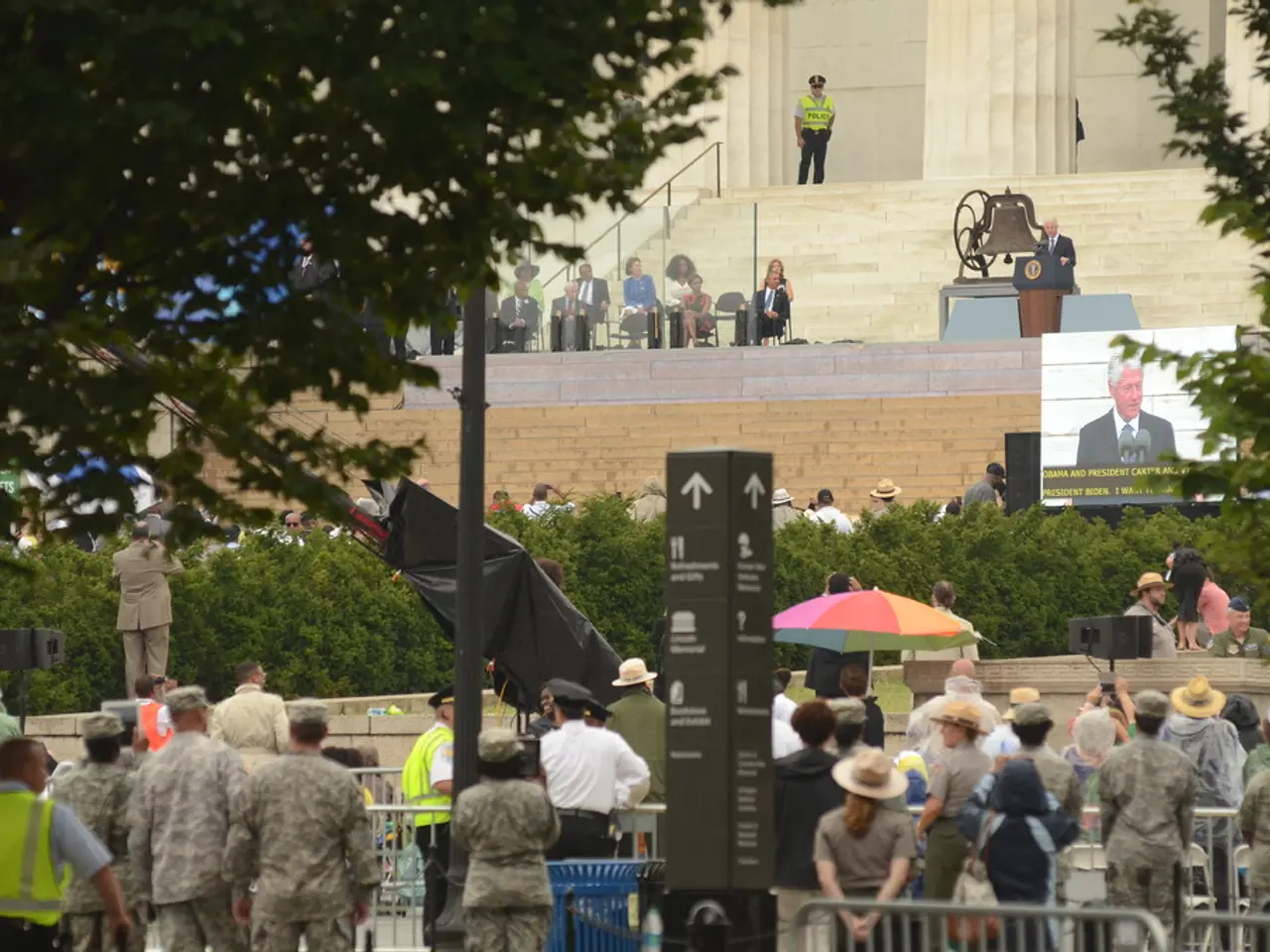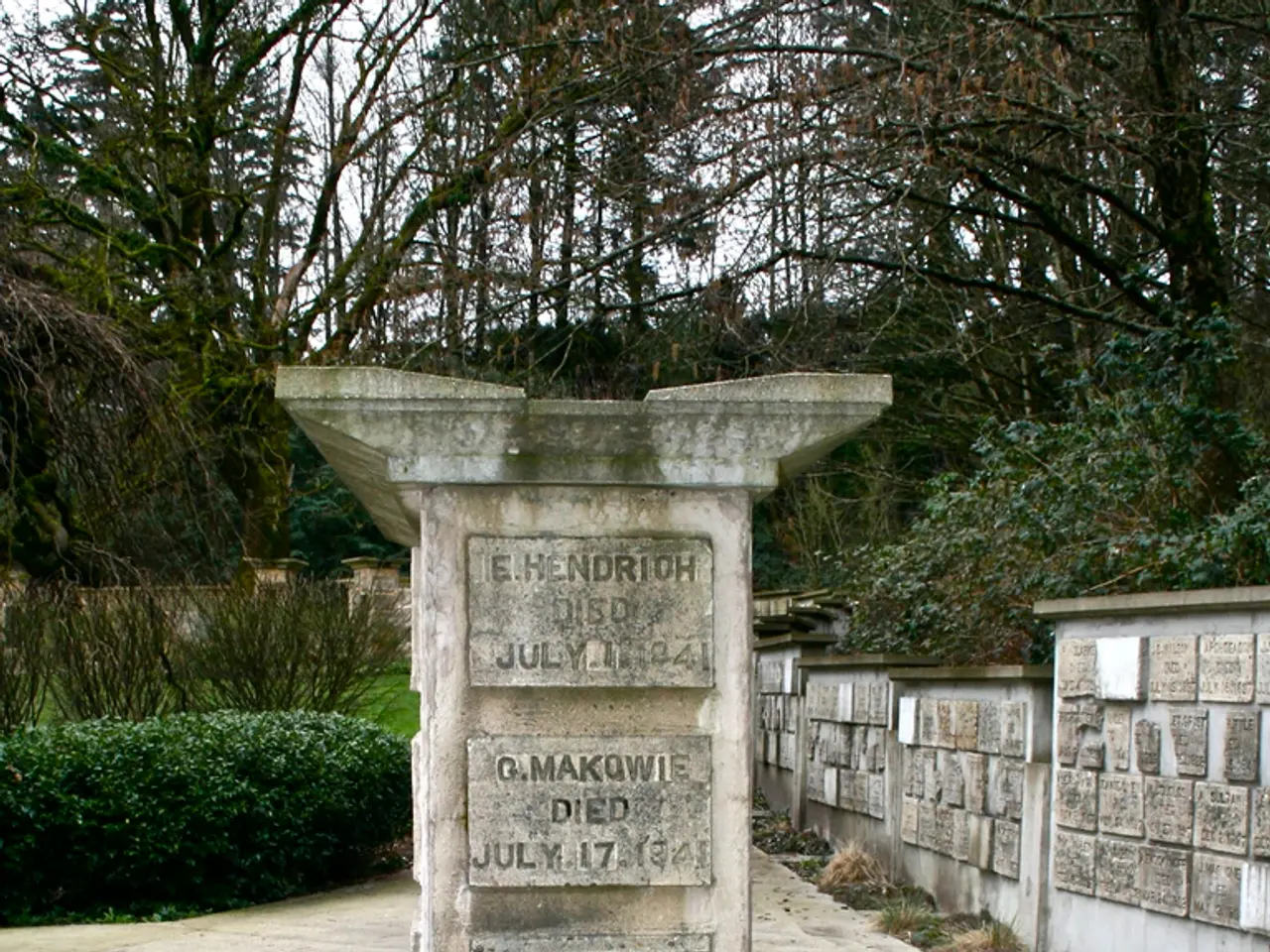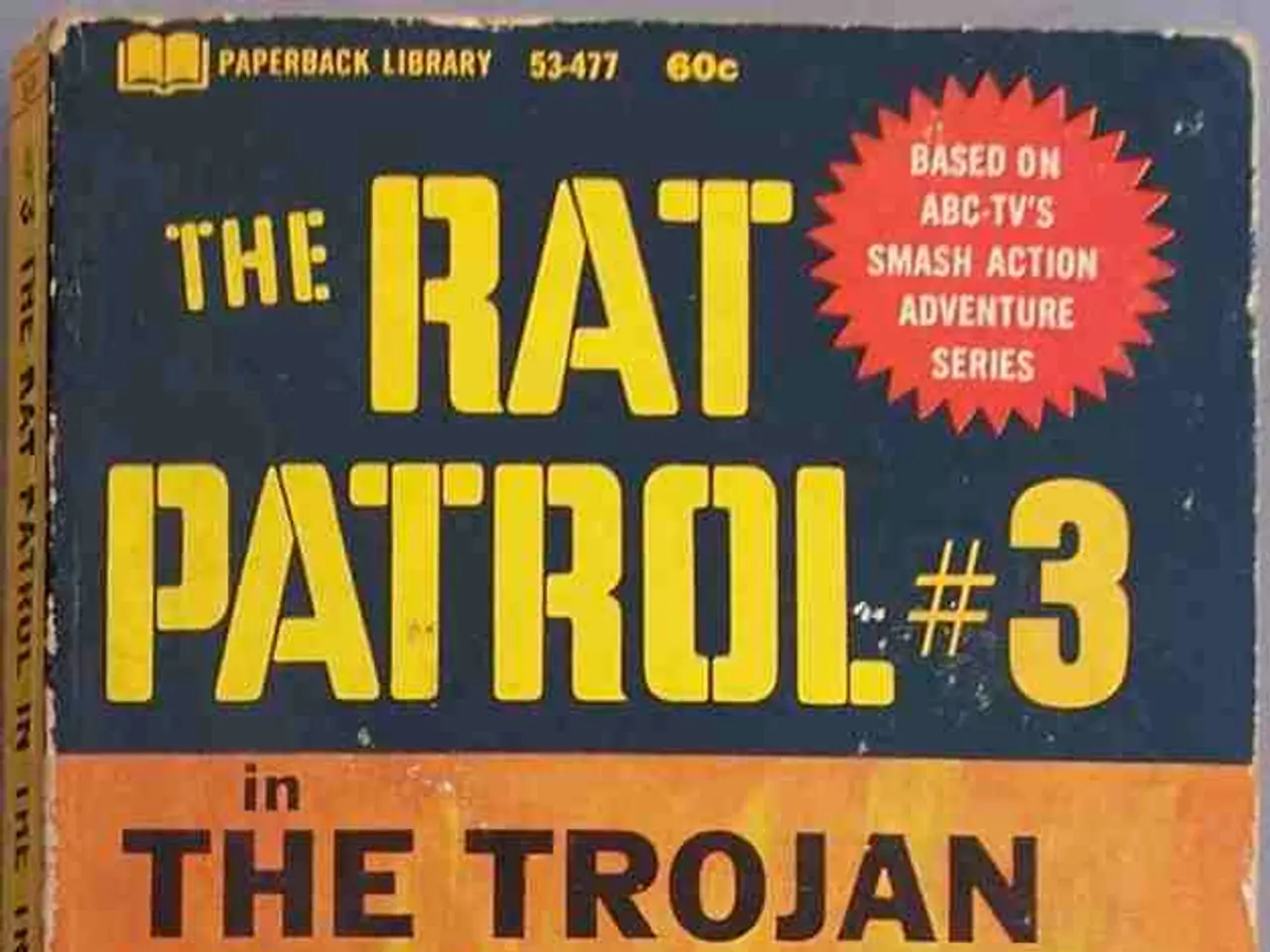Nations persist in advancing their nuclear capabilities post-conflict, in this case, Iran.
The ongoing diplomatic negotiations between the United States and Iran over Iran's nuclear program are facing uncertainty, with Iran setting preconditions for resuming talks. The Iranian Deputy Foreign Minister, Majid Takht-Ravanchi, has emphasised that Iran "insists" on certain conditions before engaging in discussions again.
One of the key issues at hand is Iran's relationship with the International Atomic Energy Agency (IAEA). Despite allowing existing IAEA inspectors to remain in the country, Iran has suspended cooperation with the agency and has not granted new access or guarantees of safety at nuclear sites. This move comes amidst recent strikes on Iran's nuclear facilities, with the extent of the damage remaining unclear.
The Iranian government's stance is further complicated by a new law temporarily suspending cooperation with the IAEA, which is binding for the government. This legislative measure, along with attacks on its nuclear facilities and criticism of the IAEA, underscores a heightened mistrust and hardened position that complicates diplomatic progress.
Iran asserts its right to enrich uranium for peaceful purposes, rejecting accusations of developing a nuclear bomb. This right is upheld by Iran being a member of the Treaty on the Non-Proliferation of Nuclear Weapons (NPT). Iran's Foreign Ministry spokesman, Ismail Baghai, has stated that Iran has the right to peaceful use of nuclear energy as a member of the NPT.
On the other side, the U.S. President, Donald Trump, announced new talks with Iran over the nuclear program, but provided no details. The U.S. joined the conflict by bombing Iran's key nuclear facilities last Sunday, but the extent of the damage remains unclear. The Deputy Foreign Minister, Majid Takht-Ravanchi, stated that the U.S. must rule out further attacks if it wants to resume diplomatic talks.
The political system of the Islamic Republic of Iran is based on the principle of "rule of the jurists," with the Supreme Leader, Ali Khamenei, holding the highest political and religious power. A top Iranian cleric, Grand Ayatollah Nasser Makarem Shirazi, indirectly threatened U.S. President Donald Trump with death, without mentioning him by name, citing Islamic principles.
Meanwhile, Israel has bombed Iran's targets nationwide, citing the threat posed by Iran's controversial nuclear program. Israel hinted at a potential shift in priorities, suggesting the liberation of hostages in Gaza could be a priority over defeating Hamas.
As the situation remains tense, a ceasefire is now in effect. The current impasse in efforts to revive dialogue on Iran's nuclear program leaves the future of diplomatic relations between the U.S. and Iran uncertain.
War-and-conflicts continue to escalate as Iran's nuclear program remains under scrutiny, with politics playing a significant role in the ongoing tensions. The recent strikes on Iran's nuclear facilities, coupled with Iran's suspension of cooperation with the International Atomic Energy Agency (IAEA), have further complicated the general news landscape, as both sides insist on their respective positions.




